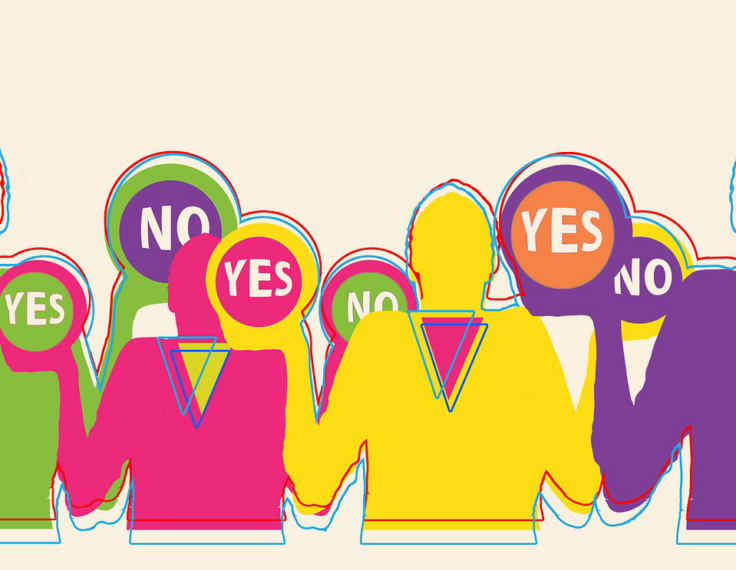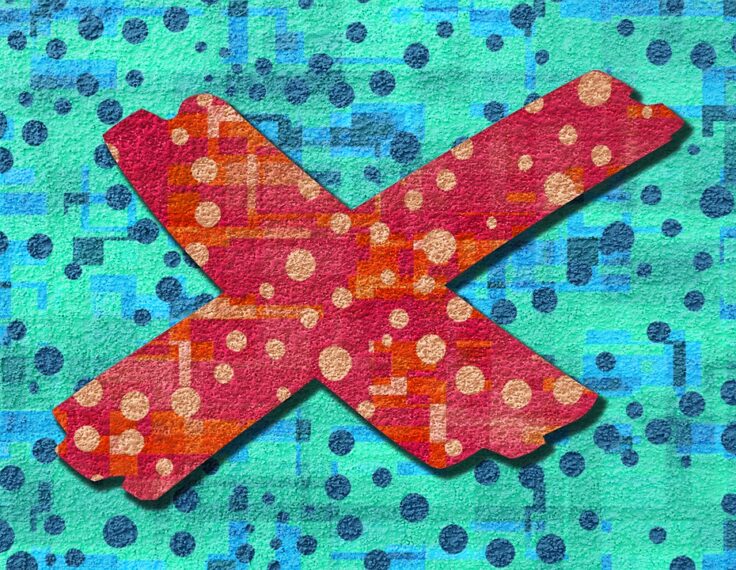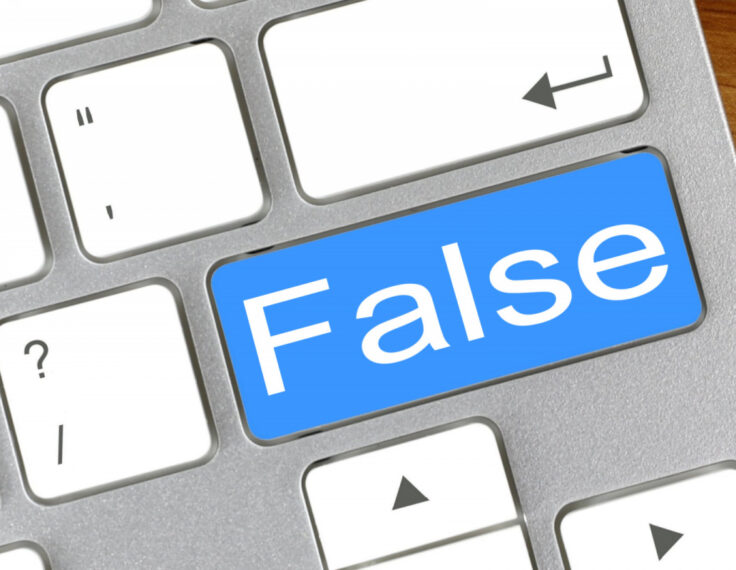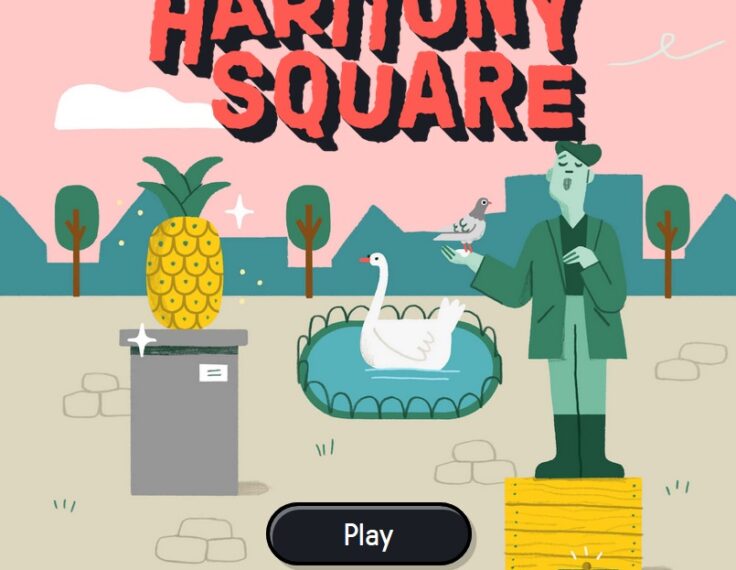Explore All Articles
All Articles
Article Topic

Conspiracy Theories
Are conspiracy beliefs a sign of flawed cognition? Reexamining the association of cognitive style and skills with conspiracy beliefs
Roland Imhoff and Tisa Bertlich
Throughout human history, political leaders, oppositional forces, and businesspeople have frequently coordinated in secret for their own benefit and the public’s disadvantage. In these cases, conspiracy theories are capable of accurately describing our environment. However, the vast majority of research today operationalizes conspiracy theories as irrational beliefs that contradict our everyday knowledge.

How different incentives reduce scientific misinformation online
Piero Ronzani, Folco Panizza, Tiffany Morisseau, Simone Mattavelli and Carlo Martini
Several social media employ or consider user recruitment as defense against misinformation. Yet, it is unclear how to encourage users to make accurate evaluations. Our study shows that presenting the performance of previous participants increases discernment of science-related news. Making participants aware that their evaluations would be used by future participants had no effect on accuracy.

What do we study when we study misinformation? A scoping review of experimental research (2016-2022)
Gillian Murphy, Constance de Saint Laurent, Megan Reynolds, Omar Aftab, Karen Hegarty, Yuning Sun and Ciara M. Greene
We reviewed 555 papers published from 2016–2022 that presented misinformation to participants. We identified several trends in the literature—increasing frequency of misinformation studies over time, a wide variety of topics covered, and a significant focus on COVID-19 misinformation since 2020. We also identified several important shortcomings, including overrepresentation of samples from the United States and Europe and excessive emphasis on short-term consequences of brief, text-based misinformation.

Increasing accuracy motivations using moral reframing does not reduce Republicans’ belief in false news
Michael Stagnaro, Sophia Pink, David G. Rand and Robb Willer
In a pre-registered survey experiment with 2,009 conservative Republicans, we evaluated an intervention that framed accurate perceptions of information as consistent with a conservative political identity and conservative values (e.g., patriotism, respect for tradition, and religious purity). The intervention caused participants to report placing greater value on accuracy, and placing greater value on accuracy was correlated with successfully rating true headlines as more accurate than false headlines.

Who knowingly shares false political information online?
Shane Littrell, Casey Klofstad, Amanda Diekman, John Funchion, Manohar Murthi, Kamal Premaratne, Michelle Seelig, Daniel Verdear, Stefan Wuchty and Joseph E. Uscinski
Some people share misinformation accidentally, but others do so knowingly. To fully understand the spread of misinformation online, it is important to analyze those who purposely share it. Using a 2022 U.S. survey, we found that 14 percent of respondents reported knowingly sharing misinformation, and that these respondents were more likely to also report support for political violence, a desire to run for office, and warm feelings toward extremists.

Does incentivization promote sharing “true” content online?
Hansika Kapoor, Sarah Rezaei, Swanaya Gurjar, Anirudh Tagat, Denny George, Yash Budhwar and Arathy Puthillam
In an online experiment in India, incentives for sharing factual posts increased sharing compared to no incentivization. However, the type of incentive (monetary or social) did not influence sharing behavior in a custom social media simulation. Curbing misinformation may not require substantial monetary resources; in fact, social media platforms can devise ways to socially incentivize their users for being responsible netizens who share true information.

Designing misinformation interventions for all:
Perspectives from AAPI, Black, Latino, and Native American community leaders on misinformation educational efforts
Angela Y. Lee, Ryan C. Moore and Jeffrey T. Hancock
This paper examines strategies for making misinformation interventions responsive to four communities of color. Using qualitative focus groups with members of four non-profit organizations, we worked with community leaders to identify misinformation narratives, sources of exposure, and effective intervention strategies in the Asian American Pacific Islander (AAPI), Black, Latino, and Native American communities.

Breaking Harmony Square: A game that “inoculates” against political misinformation
Jon Roozenbeek and Sander van der Linden
We present Harmony Square, a short, free-to-play online game in which players learn how political misinformation is produced and spread. We find that the game confers psychological resistance against manipulation techniques commonly used in political misinformation: players from around the world find social media content making use of these techniques significantly less reliable after playing, are more confident in their ability to spot such content, and less likely to report sharing it with others in their network.

Overcoming resistance to COVID-19 vaccine adoption: How affective dispositions shape views of science and medicine
John E. Newhagen and Erik P. Bucy
Health experts worry that a COVID-19 vaccine boycott could inhibit reaching “herd immunity,” and their concerns have only grown as the pandemic has spread. Concern has largely focused on anti-vaccine protestors, who captured headlines as they stood side by side with Tea Party activists and armed militia groups demonstrating against the quarantine in April and May of this year.
